Ben Moore’s The Ugly Co. takes the fruit nobody wants — and makes it delicious.
In the heartland of California, home to the largest stone fruit producing region in the world, Ben Moore and his company, The Ugly Co., are on a mission. Their goal? To combat the pressing issue of food waste in the fruit industry by turning “ugly fruit” into dried fruit snacks.
In a region that was consistently discarding up to four million pounds of fruit daily during peak season within a mere fifteen-mile radius of where he lived, Moore knew there had to be another way to utilize this food in a way that consumers could enjoy.
Born into a fourth-generation family farm in the Golden State, with a lineage that traces back to farms in Kansas and Sweden before that, Moore has farming in his blood. But when he returned from serving in the army — expecting to step into a role on his family’s farm — he learned the farm was beginning to struggle and wouldn’t be able to sustain his financial needs throughout his career. So he shifted gears, taking a job driving trucks for companies hauling farming machinery. After a couple years, he decided to strike out on his own and start a trucking business himself. During one of his long, quiet drives, Moore considered the copious amount of fruit waste he witnessed on his routes.
“That’s when we started commercially hauling fruit — we’d haul fresh fruit coming out of the field in the morning, and in the evenings we’d haul off the food we couldn’t sell,” Moore says. “I started calculating that our company alone was throwing out six to eight million pounds of fruit per year for growers in the area, and all day long I’d just be eating the fruit I’m hauling. So, I started thinking, well, if I’m eating it, why are we just dumping it in this field? So that’s really what spurred the idea.”
Two years later, in 2017, the blueprint for The Ugly Co. emerged. Moore started researching: Why aren’t people using the fruit? What have they tried? Why have they failed?


Still working on his own, Moore engaged locals in the industry to get their opinions. He saw two challenges. The first was marketplace demand. “There was no marketplace,” he says. “No consumers were buying value-added products made from stone fruit. So, I thought: I’m going to start a brand to get people excited about this.”
A lack of infrastructure to create stone fruit products was his second challenge. “It was like, nobody’s buying them because nobody’s making them,” he says. “But [I knew] it would be a sellable product.” Before he knew precisely what products he’d make, he settled upon a name for his company: The Ugly Company.
To fund his venture, Moore sold his house, his trucks, and most of his belongings. “If you’re not all the way in on something,” he says, “you’re going to be all the way out.”
Locals in the agriculture industry were initially skeptical. “I’m not upset with them, because I wouldn’t have necessarily believed me either back then,” Moore admits.
For the idea to succeed, farmers needed to change their packing process so that their unused fruit would meet food safety standards and be in proper condition for repurposing. Moore’s long-standing relationships with fellow farmers bridged the gap between his idea and what he needed to execute it. Now, Moore pays farmers for the fruit that he was originally getting paid to haul and dump.
Moore and his company even helped invent a machine that removes product stickers from fruits — a pesky problem that affects produce reuse and composting facilities around the globe.
This past year, The Ugly Co. saved two million pounds of fruit — about seventy truckloads — from becoming landfill waste, turning them into products like dried cherries, peaches, nectarines and apricots. “We’re not even scratching the surface,” says Moore. “So there’s tons of room for us to grow.”
The Ugly Co. has grown beyond their initial one man-show, operating within a fifteen-mile radius, and now employs forty-five people throughout Central California. (And Moore is currently working on an early-stage project in Mexico.) The company’s packaging is vibrant, and the name celebrates that “ugly” or damaged produce can taste just fine. After all, its flavor and texture are typically the same as those of perfectly-shaped and -colored fruit.
The company’s recent success has allowed Moore to expand its processing plant to handle 50,000 pounds of fruit daily, or eighteen million pounds per year. (Their previous facility could process just over one million pounds per year.)
Moore’s dream for The Ugly Co. is expansive. He envisions a future where his model offers a global blueprint for sustainable farming. “Every single farmer I met, everywhere in the world — I get what’s giving them problems. And so I want to be able to take our model and not just solve food waste here, but work with people in other areas,” Moore says.
Moore acknowledges that there’s still much more to do to get The Ugly Co. operating in the best way possible. He’s looking, for example, for ways to reduce water usage, improve transportation efficiency, and streamline overall resource management in order to further reduce waste — one stone fruit at a time.


